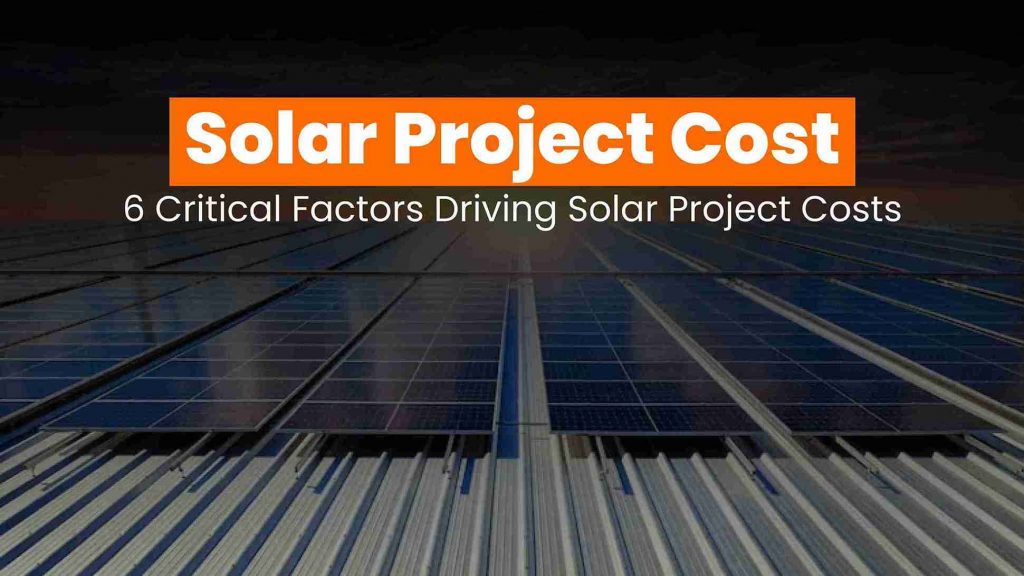Many customers tell us that vendors tend to shy away from addressing costs directly when they shop for solar systems online. If you’re focused on understanding the financial side, let’s dive into the main factors driving solar project costs and how you can boost your return on investment (ROI).
If you’re focused on cost or just love details, this blog is for you.
Solar Material Costs Have Dropped Significantly
The cost of installing solar has decreased by nearly 90% since 2010, thanks to trends like Swanson’s Law. This rule, observed by SunPower’s Richard Swanson, explains that for every doubling of solar module shipments, prices fall by 20%. Over time, this means much lower costs for consumers.
Price Per Watt (PPW) is a common way to compare quotes. It’s calculated by dividing the gross system cost (permits, materials, warranties, etc.) by the system size (panel DC watts number of panels). The average residential system is priced just under $3/watt, and tax credits can reduce that further.
Three Types of Solar Panels: Choose Wisely
Solar panels are a long-term investment, so quality matters. Here’s a quick rundown:
- Polycrystalline Panels: 13-16% efficiency, up to 350W, lifespan of 25-35 years.
- Monocrystalline Panels: 15-20% efficiency, up to 400W, lifespan of up to 40 years.
- Thin Film Panels: 7-18% efficiency, up to 200W, lifespan of 10-20 years.
While monocrystalline is higher quality, consider your needs, location, and budget.
Additional Equipment Costs: Batteries and Inverters
- Solar Batteries: These store energy and are helpful in areas with frequent outages or without net metering. Costs range from $200 to $15,000, depending on power capacity.
- Solar Inverters: Essential for converting DC to AC power, inverter prices range from under $100 to $8,000+, depending on your energy needs.
Installation: Factors to Consider
Installation costs vary based on system size, roof type, shading, and permits. Sunhub partners with experienced installers to make the process easier.
Minimal Maintenance Costs
Solar panels require little maintenance. With regular cleaning and performance monitoring, costs are virtually nonexistent.
Net Metering and SRECs: Boosting Your ROI
- Net Metering: Get paid for excess energy your panels produce by sending it back to the grid.
- SRECs: You can earn credits for the energy your system produces and sell them for extra income.
The Bottom Line
Various factors influence the cost of solar, from materials to installation. However, declining prices, net metering, and SRECs can improve your ROI, making solar a smart investment.
Ready to get started? contact our sales team to learn more about how solar can benefit you.

